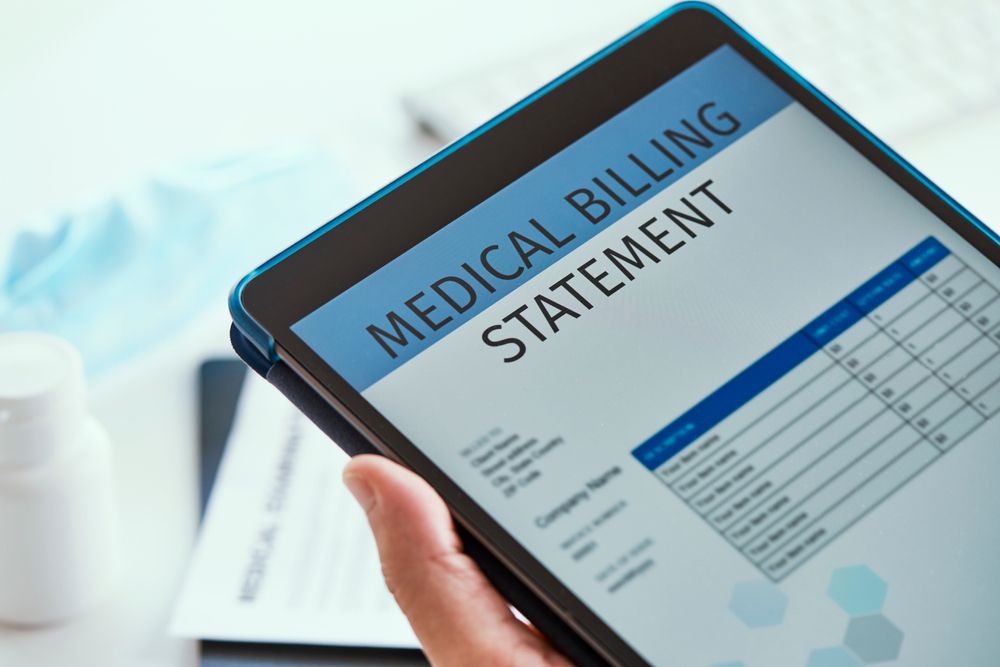In an era where the medical field's growth is unparalleled, many individuals are seeking entry into this lucrative sector without necessarily engaging directly with patients. For those inclined towards administrative roles within healthcare, embarking on a career as a medical biller and coder presents a promising avenue. Medical billers play a pivotal role in healthcare facilities, managing detailed patient records and ensuring the accurate creation, updating, and verification of medical bills. This role, requiring a blend of specialized skills and knowledge, is far from a mere bookkeeping job; it's dynamic and integral to the efficient operation of medical institutions.

The burgeoning demand for proficient medical billers is driven by multiple factors, including the digitization of medical records, an aging population requiring more medical services, and the complexity of managing medical coverage such as Medicare. This career path is not only lucrative but also marked by significant job growth, with projections indicating a 25% increase in opportunities over the coming years. For individuals contemplating this career, here are insights into the educational pathways and career advantages of obtaining a degree in medical billing.
Educational Pathways to Becoming a Medical Biller
Entering the medical billing profession does not necessitate a professional medical degree; however, a specialized educational background is often required. Most medical billing positions demand a comprehensive understanding of medical documentation and billing processes, which can be acquired through two main educational routes:
- Diploma Programs: These programs, available both online and on-campus, offer focused training on medical coding and billing. Typically spanning six to 12 months, diploma programs provide a fast track into entry-level positions in medical billing.
- Associate Degrees: More comprehensive than diploma programs, an Associate's Degree in Medical Billing and Coding provides a deeper dive into the field. Offered by community colleges and private institutions, these degree programs take about 16 to 24 months to complete, paving the way for higher-level positions and better salary prospects.
Career Advantages of an Associate's Degree
While diploma holders can secure entry-level jobs, an Associate's Degree opens doors to more prestigious positions within larger medical institutions like hospitals and clinics. Holders of an associate degree often enjoy higher salaries, greater job security, and opportunities for career advancement into management roles. Furthermore, degrees from community colleges may facilitate the transition to further education, allowing graduates to pursue bachelor’s degrees and broaden their career prospects.
Coursework in an Associate's Degree Program
A typical Associate's Degree program in Medical Billing and Coding includes a blend of core courses, additional degree requirements, and general education courses. These encompass a wide range of subjects from medical terminology and diagnostic coding to computer fundamentals and patient relations, equipping students with the necessary skills to thrive in their roles.
The Role of a Medical Biller
Medical billers are entrusted with a variety of responsibilities, from reviewing and organizing medical data to ensuring the confidentiality of patient records. They serve as crucial intermediaries between healthcare facilities and insurance companies, facilitating the reimbursement process through accurate coding and billing.
Conclusion
Pursuing a career in medical billing offers a unique opportunity to contribute to the healthcare sector without direct patient interaction. By opting for an Associate's Degree in Medical Billing and Coding, individuals can leverage the growing demand in this field, enjoying rewarding career prospects, competitive salaries, and the satisfaction of playing a vital role in the medical industry.